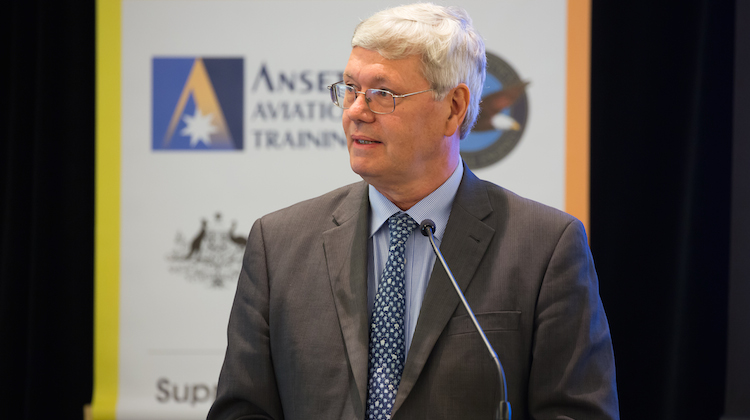
Regional Aviation Association of Australia (RAAA) chairman Jim Davis says a new Civil Aviation Safety Authority (CASA) board and new director of aviation safety (DAS) are rebuilding the relationship with industry that was damaged over the previous six years.
Davis, who is also a director at Regional Express, says recent new CASA directors meant the aviation safety regulator board had relevant industry experience and “knows what it is doing and is determined to exercise proper governance”.
Meanwhile, the federal government’s almost universal acceptance of the recommendations from the Aviation Safety Regulatory Review (ASRR), a new statement of expectations to CASA from Deputy Prime Minister and Minister for Infrastructure and Regional Development Warren Truss and a reinstatement of Just Culture by CASA also offered further encouraging signs.
“The challenges are many but with the new attitude in the CASA executive we believe they can be overcome. There is a light at the end of the tunnel and it is not the approaching train,” Davis told delegates during his opening address at the RAAA national convention at the NSW Hunter Valley on Thursday.
“However, there is a long way to go and a lot of work to be done before we get out of that tunnel.”
Despite the encouraging signs, Davis said the past year has also been frustrating for regional aviation as drought and the downturn in the mining sector hit hard along with the burden of “massive new regulation”, which had been the main focus of the RAAA’s activities over the previous 12 months and would continue to be the case in the period ahead.
While the problem was a “legacy of the previous CASA administration”, that was little comfort to RAAA members who had to cope while trying to run their day-to-day operations and make a profit, Davis said.
Davis highlighted the rising cost of training pilots and engineers had choked off the supply of new staff into the industry.
“I have long waited for the day when I could stand up here, talk about the challenges to regional aviation, and not mention the Civil Aviation Safety Authority,” Davis said.
“Today is not that day.”
With Airservices chairman Sir Angus Houston in the audience, Davis also expressed concerns about the air traffic management provider’s proposed new five-year pricing agreement, which would “load up regional centres with high charges while providing some minor relief at the major airports”.
“This will benefit large international carriers like Emirates and Singapore Airlines at the expense of Australian regional operators,” Davis said.
“We fail to see the logic in this as it could lead to the reduction or cessation of services in some regional ports.”
Houston, speaking immediately after Davis, welcomed the RAAA chairman’s open and frank assessment of the state of the industry and described his comments on pricing as a “very precise and very focused”.
“I think it is important for people like me to hear that,” Houston said.
The Airservices chairman said pricing was a “very vexed issue”, noting a recent conversation with Etihad Airways chief executive James Hogan about the cost of air navigation services in Australia.
“I was in the Middle East not long ago and Mr Hogan from Etihad brought out his boxing gloves and gave me a hard time about the fact that he was supposedly funding everything that was happening in regional Australia,” Houston said.
“So there is a bit of a balance there.”
Airservices acting chief executive Jason Harfield is due to speak at the conference on Friday.




